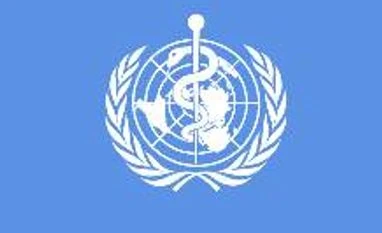Some 400 million people worldwide lack access to essential health services, and the cost of healthcare is forcing many into poverty, the World Bank and World Health Organisation reported today.
A new report by the bank and WHO on tracking universal health care (UHC) coverage said more people than ever around the world, 80%, have access to key health services.
Universal health care, the two institutions say, encompasses services that should reach everyone regardless of socioeconomic level: family planning, antenatal care, skilled support when giving birth, child immunisation, TB treatment, HIV antiretroviral therapy, improved water sources and improved sanitary facilities.
"This report is a wakeup call: It shows that we're a long way from achieving universal health coverage," said Tim Evans, senior director of health, nutrition and population at the World Bank.
"We must expand access to health and protect the poorest from health expenses that are causing them severe financial hardship."
For some kinds of services, well over 80% of people have access, the report says.
And it said that the impoverishing impact of catastrophic health expenses has diminished over the past decade.
"However, there is still a long way to go on the road to UHC, both in terms of health service and financial protection coverage," the report said.
The new report seeks to define UHC, in terms of measurable essential services, to be able to assess how governments and communities are performing.
A new report by the bank and WHO on tracking universal health care (UHC) coverage said more people than ever around the world, 80%, have access to key health services.
Universal health care, the two institutions say, encompasses services that should reach everyone regardless of socioeconomic level: family planning, antenatal care, skilled support when giving birth, child immunisation, TB treatment, HIV antiretroviral therapy, improved water sources and improved sanitary facilities.
More From This Section
But hundreds of millions are reached by only a few of those services. In addition, in low and middle-income countries, 6% of the people were at risk of being forced into or pushed further into poverty by health care costs.
"This report is a wakeup call: It shows that we're a long way from achieving universal health coverage," said Tim Evans, senior director of health, nutrition and population at the World Bank.
"We must expand access to health and protect the poorest from health expenses that are causing them severe financial hardship."
For some kinds of services, well over 80% of people have access, the report says.
And it said that the impoverishing impact of catastrophic health expenses has diminished over the past decade.
"However, there is still a long way to go on the road to UHC, both in terms of health service and financial protection coverage," the report said.
The new report seeks to define UHC, in terms of measurable essential services, to be able to assess how governments and communities are performing.
)